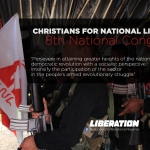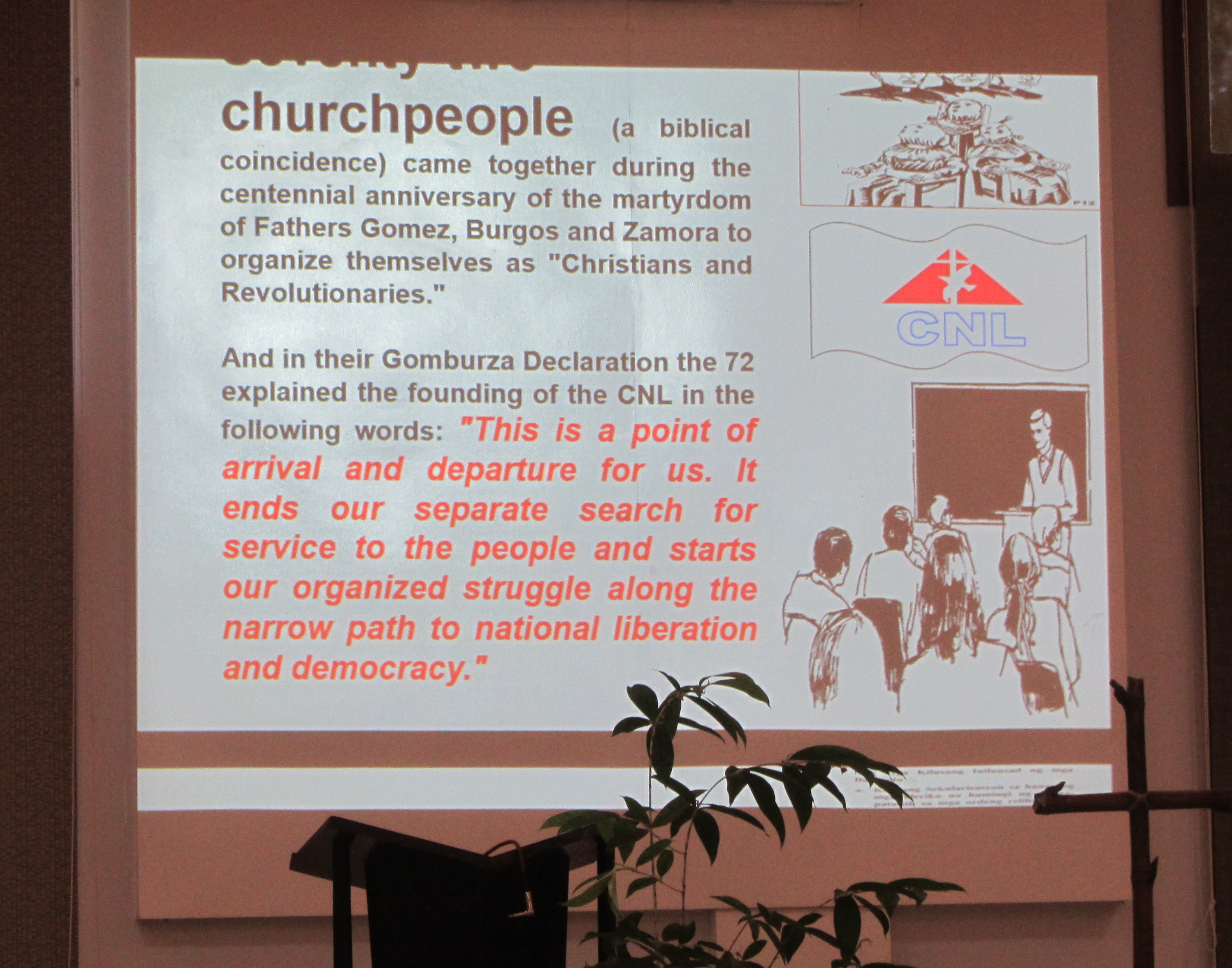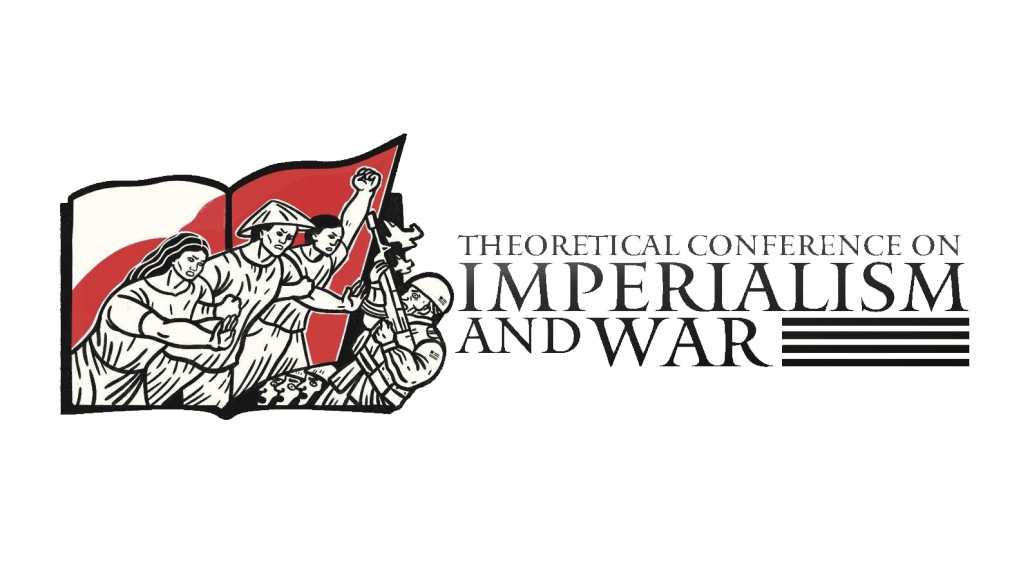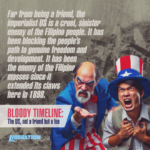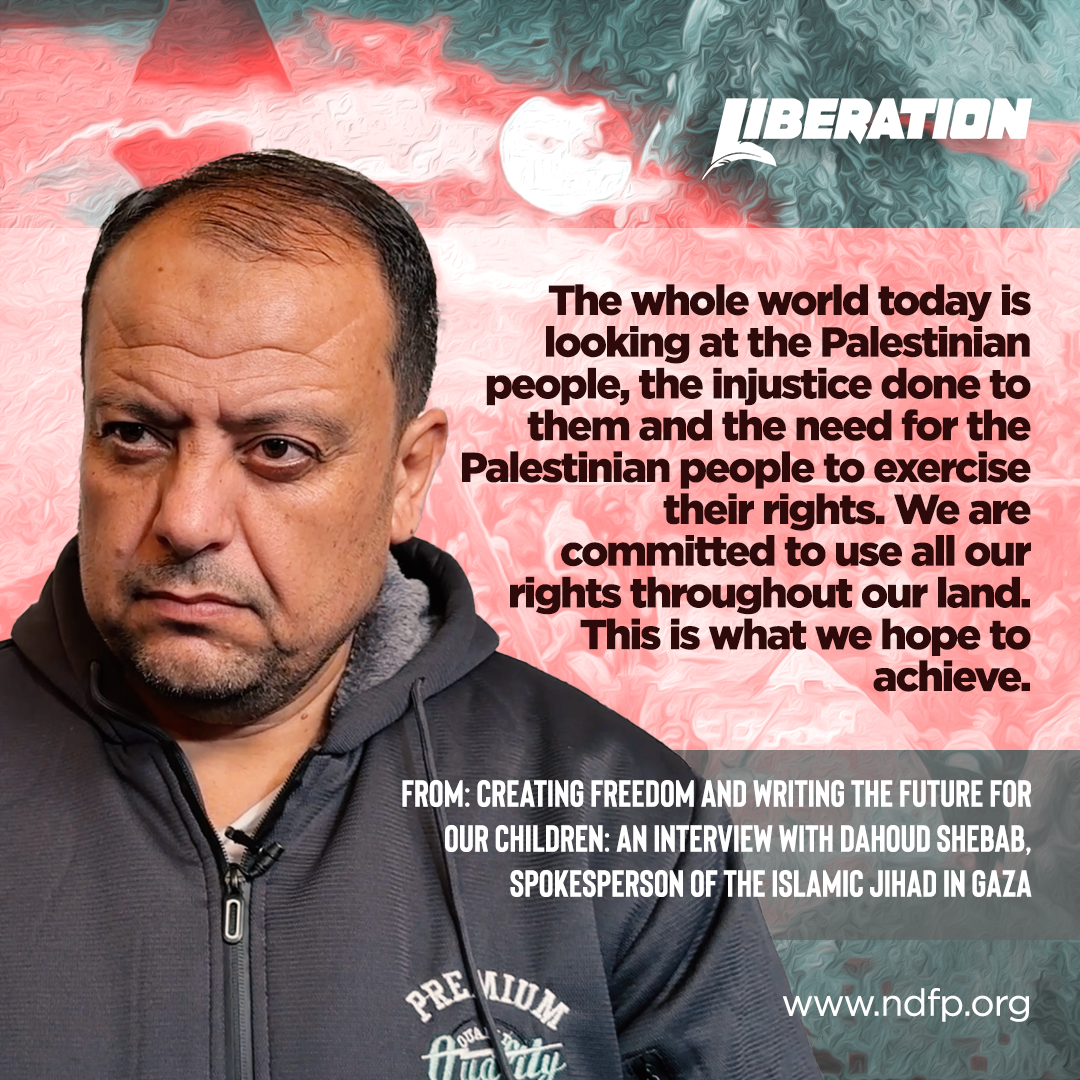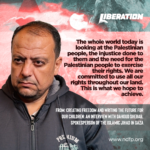CNL chapters in regions and provinces launched, revitalized
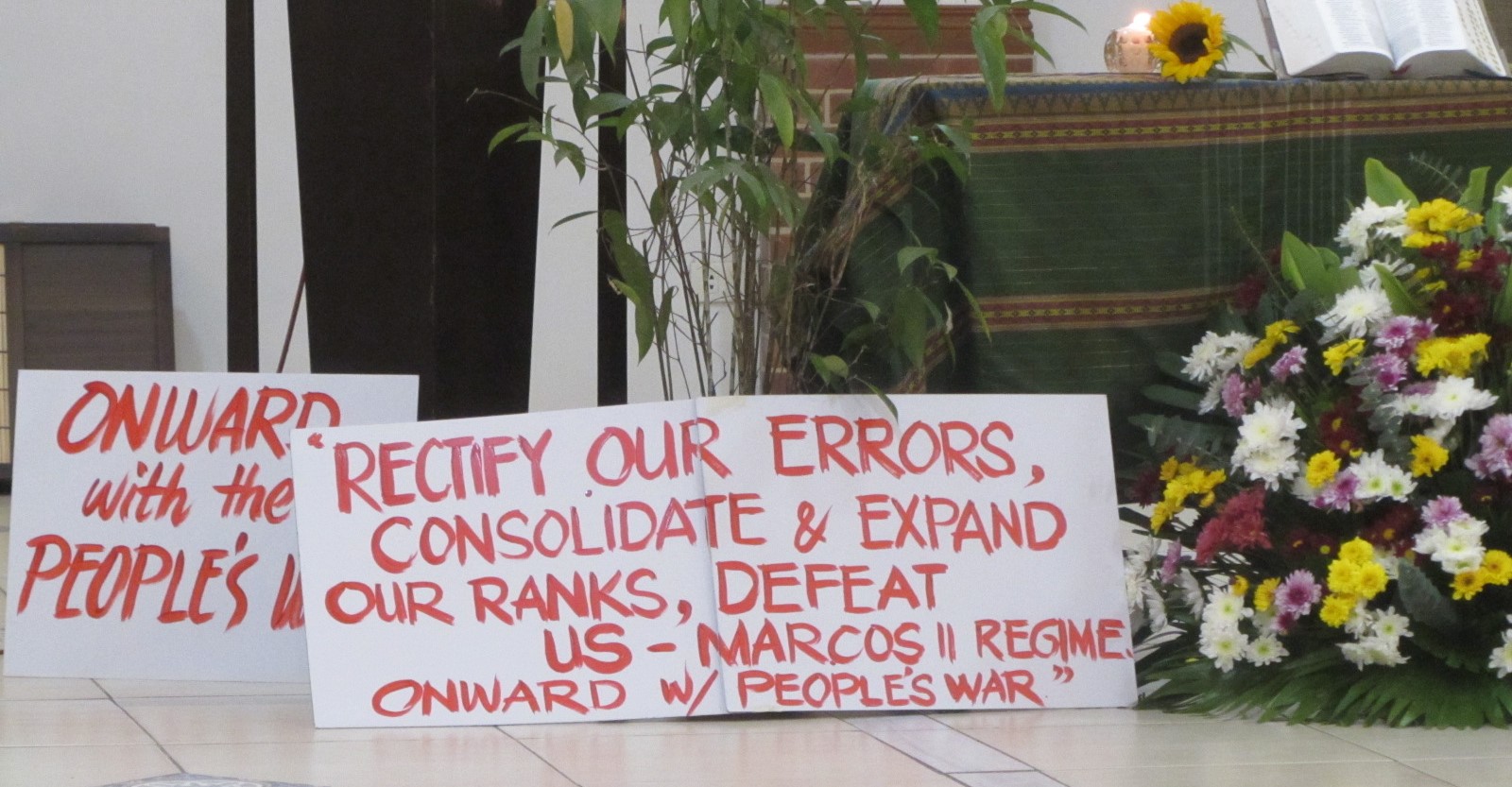
Amid the worsening economic crisis and political repression pushing more and more Filipino masses into greater poverty and misery, members of the Christians for National Liberation (CNL) exercise their prophetic stance by journeying with them and at the same time strengthening and organizing their ranks to better wage the national democratic revolution with a socialist perspective.
The church’s prophetic stance goes beyond work within the church as the body of Christ. It is also work within society in which the church lives. It is being with the people in their struggles.
In line with CNL’s four-year plan laid out in its 9th Congress in 2022, particularly on expansion and consolidation, it launched chapters and held regional, provincial congresses; and trainings were also conducted across the country in the entire year of 2023.
After the conduct of several trainings on Padepa intructors (Pambansang Demokratikong Paaralan or ND School), organizing, multi-media, and cultural work, coordination bodies (CBs) were formed in several regions in Visayas and Mindanao. Provincial and regional chapters in Mindanao plan to echo the trainings in their respective areas in the first quarter of 2024.
Renmin Malaya, CNL spokesperson proudly shared that since the 9th Congress, significant steps were already taken, “marami na rin ang nagawa.” For one, the CNL leadership was able to see the situation on the ground, “nakababa ang leadership, malinaw at timely ang intervention (clear-cut and timely intervention). We see the whole picture and the challenge,” Malaya said.
Mechanisms such as the CBs were instrumental for the expansion and consolidation of CNL. They paved the way for the eventual formation of the provincial and regional congresses.
Congresses were successfully held in Western Visayas, some regions in Mindanao and Eastern Visayas despite brutal state fascism under the US-led “counterinsurgency” program of the US-Marcos II regime. CNL Negros, in particular, held its second regional congress and elected its regional council and officers. A regional tactical plan, based on CNL’s Four-Year Plan approved during last year’s 9th National Congress, was also adopted.
Next step to be taken by these CNL formations is the setting-up of mechanisms to facilitate support to the basic sectors in their respective areas, battered by vicious state attacks.
“During the 9th Congress, the problems were pronounced—red tagging, direct attacks against the Church people which made organizing difficult,” recalled Malaya. But at present, developments in organizing, consolidation and expansion are evident. “Although mabagal ang sikad, litaw na litaw ang development. Walang umaayaw sa commitment sa kabila ng hinaharap na challenges.Tuluy-tuloy na nag-oorganisa, (It has been a slow process but the developments are visible. Everyone stood by their commitment despite the challenges. Organizing is making progress,)” Malaya gladly shared.
More chapter formations are expected next year, including those overseas. Inspired by the long list of heroes and martyrs who transformed their faith into action and served the people to their last breath, CNL members raise high the banner of revolution. “Maganda ang pakiramdam na bahagi tayo sa paglalatag ng mga requirements sa mga sonang gerilya, (It inspires us to be part of the efforts to strengthen the guerrilla zones,)” ended Malaya. (Aya Servando, CNL) ###


